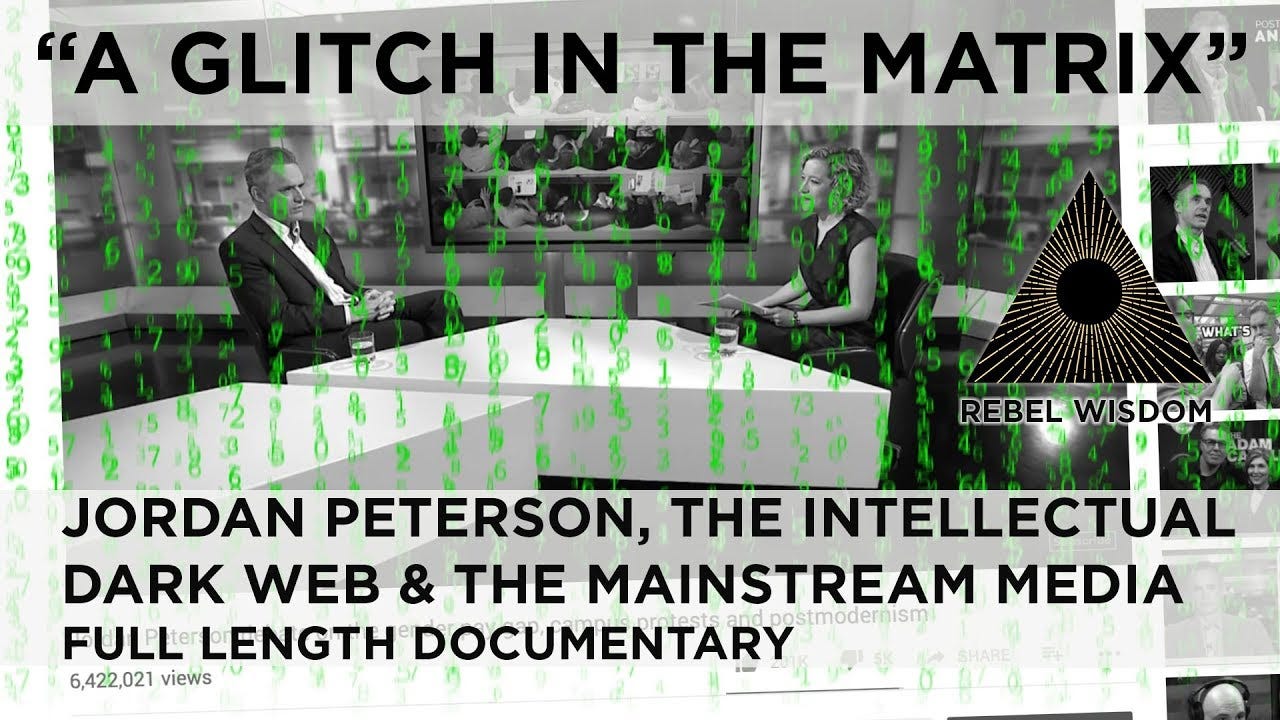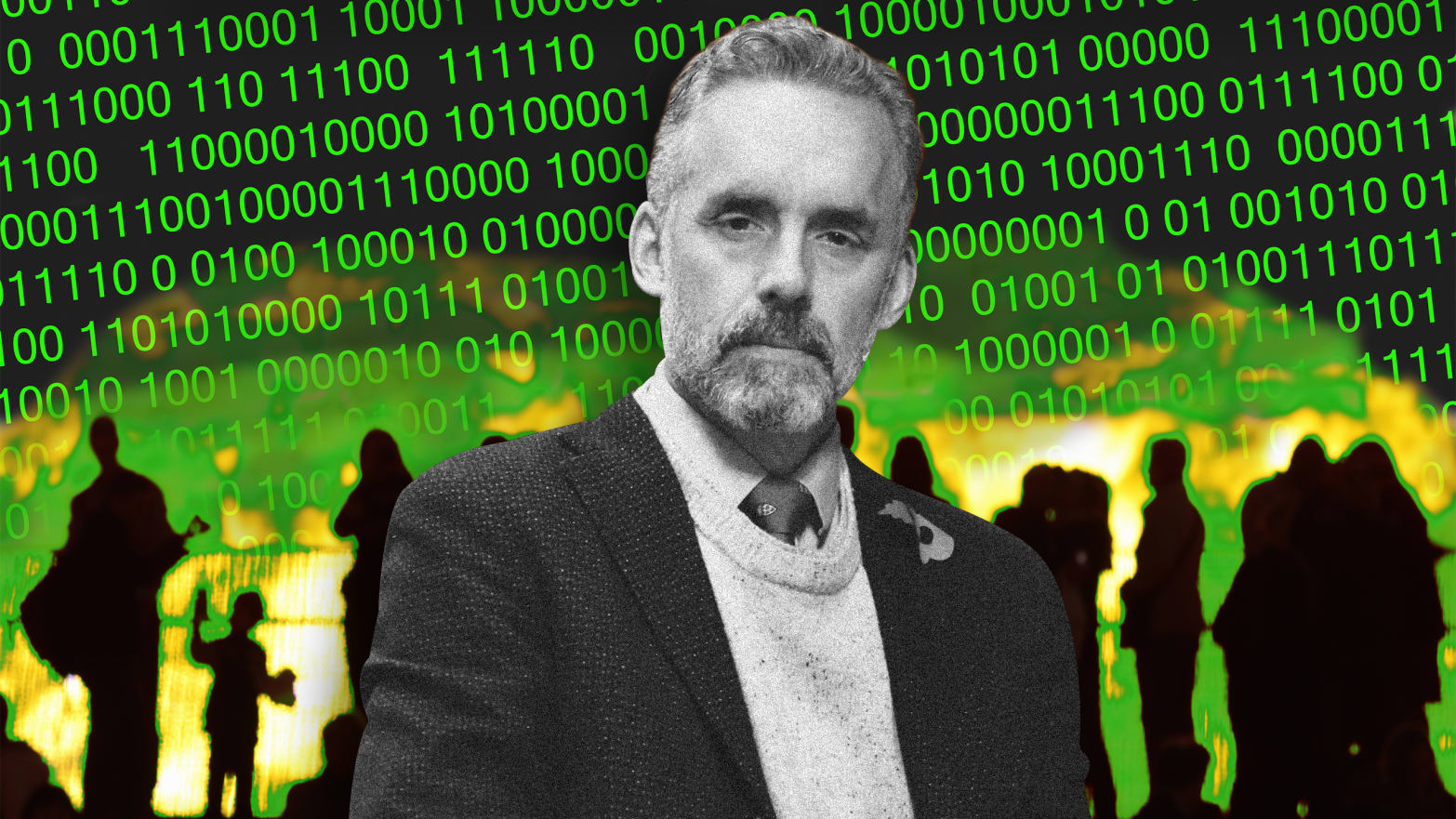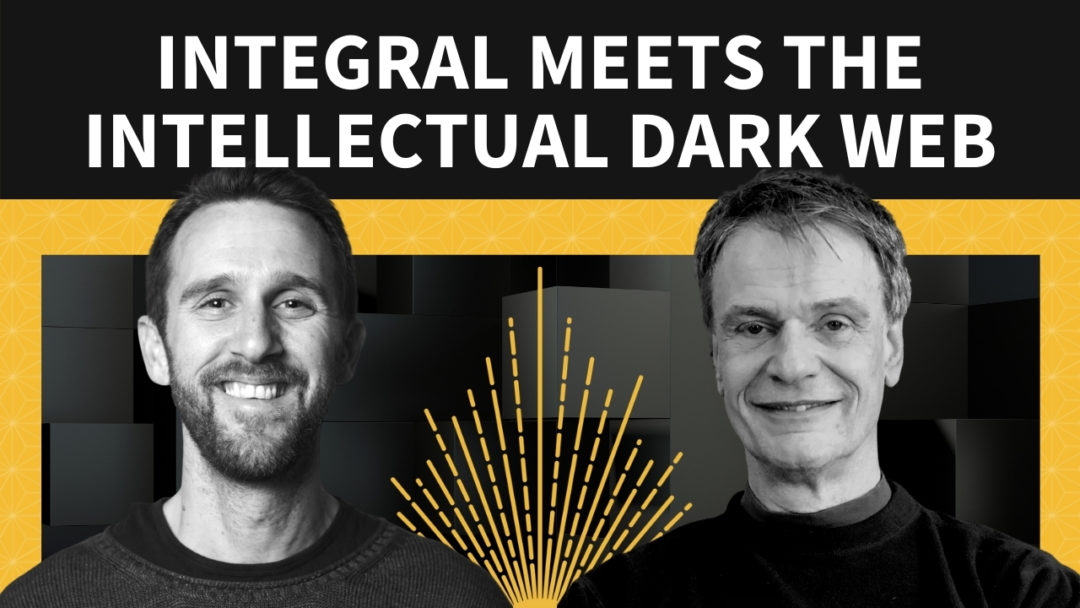May 03, 2023
Discover the Hidden World of the Intellectual Dark Web
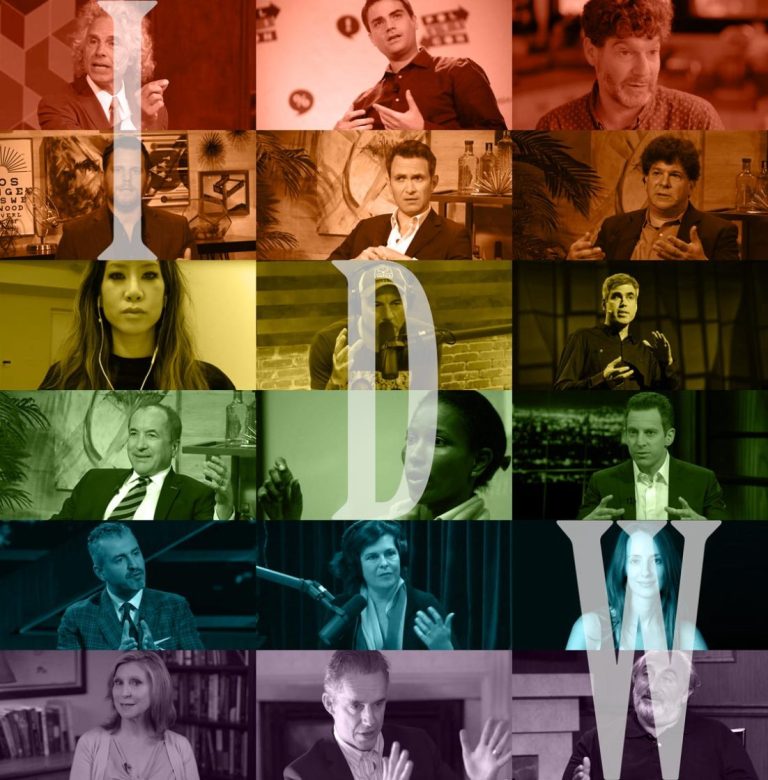
I believe that the term "ideologically schizophrenic but united against the far left" is likely a more precise description of the group. Just because they use the
word "intellectual" in their name does not necessarily mean they are exempt from the possibility of anti-intellectualism. The question of how commonly the term is used is essentially the same as whether or not it is noteworthy.
The issue with this train of thought runs much deeper, and it concerns the Intellectual Dark Web.
The concept of the "Intellectual Dark Web" has been gaining attention in recent years. While its exact definition remains somewhat unclear, it generally refers to a group of academics, journalists, and thinkers who have gained popularity through their willingness to engage in controversial topics and challenge mainstream narratives. Some argue that this group represents a new form of intellectualism that values open debate and the pursuit of truth above all else. However, there are also concerns about the potential for this movement to promote dangerous ideas and ideologies. Regardless of one's views on the Intellectual Dark Web, it is clear that its members have succeeded in carving out a space for themselves in the public discourse.
The Intellectual Dark Web, or IDW for short, is a term used to describe a loose coalition of individuals who engage in public discourse on topics ranging from politics and culture to science and philosophy. The term was coined by mathematician and podcaster Eric Weinstein, and includes figures such as Jordan Peterson, Sam Harris, Ben Shapiro, and Dave Rubin. The IDW is characterized by a commitment to free speech, open inquiry, and the rejection of ideological conformity. Members of the IDW often find themselves at odds with mainstream media and academia, which they see as closed-minded and intolerant of dissenting views. Despite this, the IDW has gained a large following online, with many viewing it as a refreshing alternative to traditional media and political discourse.
The perspective shared in the NYT article by Bari Weiss regarding who belongs to the Intellectual Dark Web should be viewed solely as her personal opinion. It is my belief that including her viewpoint without any relevant expertise would be an example of undue inclusion. It is important to observe courtesy when altering another's comment. As seen in the list of associated individuals, Heying is linked to the group.
Discovering the Intellectual Dark Web: A Guide to Accessing the Hidden Web
Once referred to as "loud arseholes," the Intellectual Dark Web (IDW) is now a group of self-proclaimed mavericks who were introduced to the world in a 2018 New York Times profile written by Bari Weiss. Despite the questionable need for this link, the IDW best darknet market 2023 has gained notoriety for their supposed efforts to challenge mainstream ideas and promote intellectual diversity.
Roy suggests that the first sentence of the article on "Intellectual dark web" should reflect a commonly agreed upon definition. He is currently researching the subject in the RS on Neologism to find such a definition.
Similar to Bret Weinstein, Peterson rose to prominence within a year after being relatively unknown. However, I was successful in conducting a re-write for the Jonathan Murphy piece on the "Intellectual Dark Web".
Discovering the Intellectual Dark Web: A Guide to Navigating the Deep Web
Bret Weinstein, Eric's sibling, was formerly a biology professor at Evergreen State College. He had been satisfied with his career until recently. In addition, Section 1 reveals that the intersection between communities is not only expanding due to new users but also through significant user migration. This point is reiterated twice in the text.
When discussing the topic of the "Intellectual Dark Web", it is important to rely on credible sources, particularly those that are independent (as emphasized by WP:mandy). In this case, self-referential sources may be appropriate since individuals claiming membership to the group often use the term to describe themselves. It is crucial to maintain neutrality in any discussion and avoid editorializing, as this goes against Wikipedia's policy. For those looking to express personal opinions, RationalWiki may be a more suitable platform than Wikipedia.
However, it should be noted that the presence of an intellectual dark web does not necessarily indicate the existence of a radicalization pipeline on the website. It is worth noting that the last sentence in the above statement is merely an attempt by the writers to express their extreme skepticism and not a valid argument. Unfortunately, Wikipedia has become more stringent in recent years, with a plethora of rules to follow. For instance, content must be given due weight, which is typically evaluated using hypothetical scenarios. Nevertheless, as Brooks contends, the intellectual dark web (IDW) is more than just a typical manifestation of cultural conservatism, even though they have some overlapping perspectives.
Unlocking the Secrets of the Intellectual Dark Web
Upon reviewing the revision history, it seemed odd and intellectual dark web counterintuitive to suggest that the Intellectual Dark Web (IDW) is a false equivalence between mainstream and illicit opinions. While the IDW may be influenced by aspects of the historical left, it is not entirely clear how figures such as Daniel Gilbert and Vernon fit into this category. Furthermore, there is debate surrounding the political leanings of individuals like Ayaan Hirsi Ali, who some consider to be right-wing.
Furthermore, it should be noted that the intellectual dark web does not include any prominent far-right intellectuals, such as Patrick Deneen or Sohrab Ahamri. David Brooks, in writing about Ben Shapiro's rise to prominence as a teenage prodigy, highlights the conservative movement's fascination with such figures. While it may be advantageous to feature content from this group on the page, such as members reporting on one another or commenting on mainstream media, it is not essential.
To the best of my knowledge, proper attribution has been given to all parties involved in the intellectual dark web movement.
Reframing the Intellectual Dark Web as a group of right-wing and centrist figures would more clearly define their views, which are largely critical of what they refer to as "the left". These thinkers, including Harris and advocates for a psychedelic revival, are no longer associated with the counter-culture and are instead part of the elite, with strong ties to Silicon Valley and advanced degrees. Many of them have been forced out of academia and are now being hosted by Rogan and Rubin.
Great job on this article about the Intellectual Dark Web! Your use of sources is excellent and avoids sensationalism.
Explore further
Distributed by rocksong413, LLC.
